updated 5 March 2021
Citizens value elections, whether their government is a democracy (‘the many’), oligarchy (‘the few’), or autocracy (‘the one’). Already, upcoming US elections are referred to as pivotal or flawed, clear-cut or competitive. UK citizens are counting on their government to effectively interpret Brexit, the yes-no vote to leave the EU. Israel finally has a stable government after three back-to-back elections; Belarus contests their one; Russians wonder about their next.
Many consider understanding elections as a critical skill for being a good citizen. Elections involve communication, negotiation is communication, and both are uniquely human endeavors occurring everywhere.
Both seem complicated, but negotiation is only deceptively so, founded upon skills everyone possesses. Let’s simplify complexity by interlocking with elections the Keys of Negotiation™: Language, Culture, and Solutions.
Speech and Image
Campaigning is the first stage in electoral participation. Politicians talk; potential voters listen. Similar activities define most democracies, as do the equally staged events of oligarchies and autocracies. We understand the steps of elections.
The primary Language of elections is Speech—not speeches, but rather the skill of oral communication. Rarely has our invented Script or written proposals carried an election—talk rules in both elections and negotiation.
Yet more powerful than Speech is the images developed by our Thoughts and their manifestation for others, whether cave painting, political cartoon, or candid video. Rarely do negotiations rely on manifest Thought.
Association and Perception… and Abstraction
US elections benefit from a transparent yet rowdy system of communication, with the presence of ‘information bubbles’ requiring citizens to take extra effort to understand their world accurately. Most democracies face similar hurdles, while oligarchies and autocracies intentionally create and limit those bubbles. The systems of understanding information in the US, UK, and Israel differ significantly from those in China or Russia.
The primary filter for understanding our elections is Culture’s filter of Association. Groups present or absent define campaigning and the after-vote activities of governance. Close behind as an election tool is Perception.
We perceive the attributes of groups we belong to and those that we don’t. Moreover, many politicians benefit from our subconscious Abstraction, deftly allowing us to fill in their message gaps. Negotiations and elections use all the tools of Culture.
Who Rather Than What
Representative systems like the US elect people who are members of parties. Parliamentary systems like the UK and Israel elect parties who, in turn, elect prime ministers. When elections address topics, they are reduced inevitably to yes-no options on complex issues. The Brexit referendum asked a simplistic question to leave the EU; Russia’s July plebiscite asked a single yes-no on a broad package of constitutional changes, both simple and immensely consequential.
Elections indeed involve the transmission of Language and the information understanding of Culture. Still, elections only settle a step in using information for Solutions, but without clear answers.
As much Insight, Dialogue, and Collaboration ensue after a vote as before. To participate is to collaborate: if you don’t vote, you don’t exist. Elections determine the who of finding a solution - who leads the discussion.
Campaigning for Collaboration
Elections are composed of campaigning, voting, and governing. A vote is a single black-or-white activity, while both campaigning and governance involve many shades of grey. Some may consider democratic elections like those in the US, UK, and Israel as deceptive, but responsible citizens can find the information - albeit with some effort. Less representative systems like China, Russia, and Belarus constrain their citizen’s ability to understand or collaborate at all.
At first glance, elections do not seem to be a genuine negotiation since elections provide only one choice, and negotiations are about creating many possibilities. Yet elections and negotiations share our use of many innate human capabilities. Perhaps elections are less complicated than negotiation.
In the third post of the month, I’ll use the two parts of negotiating to take the second step in unlocking the question of ‘are elections a negotiation?’

